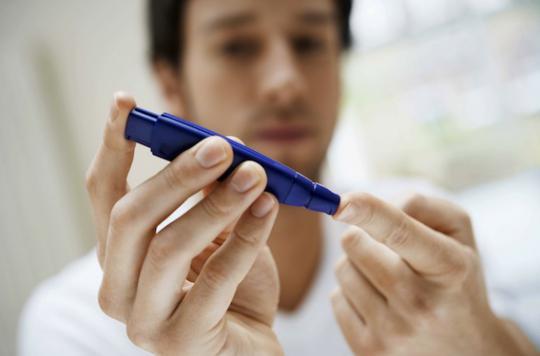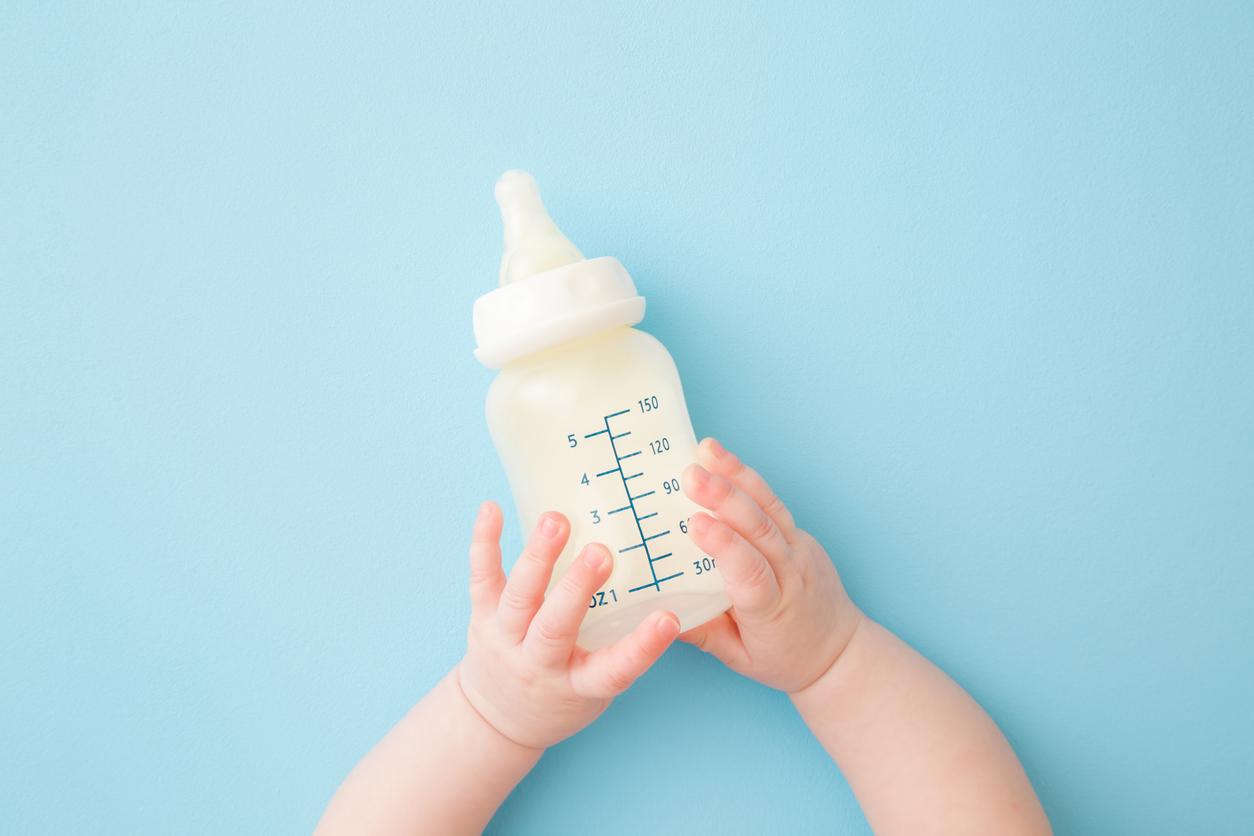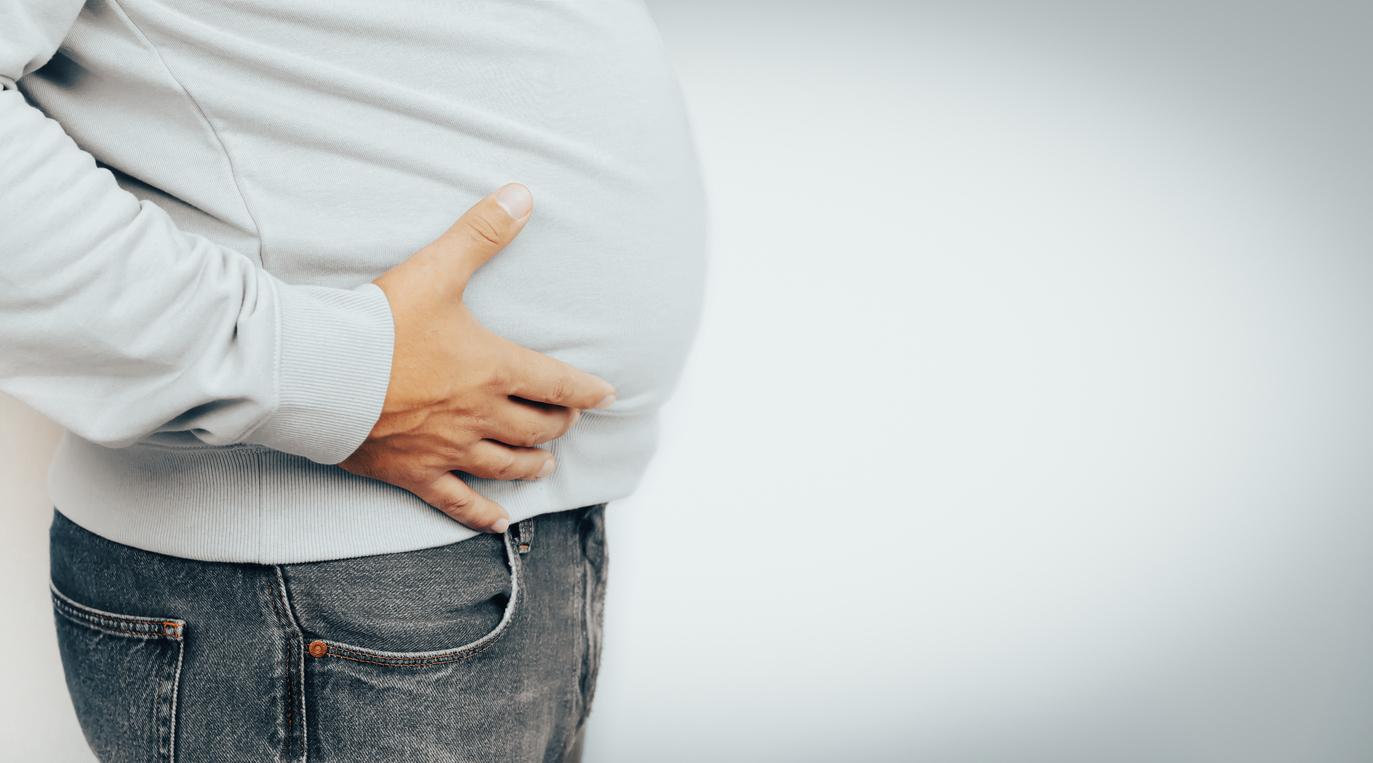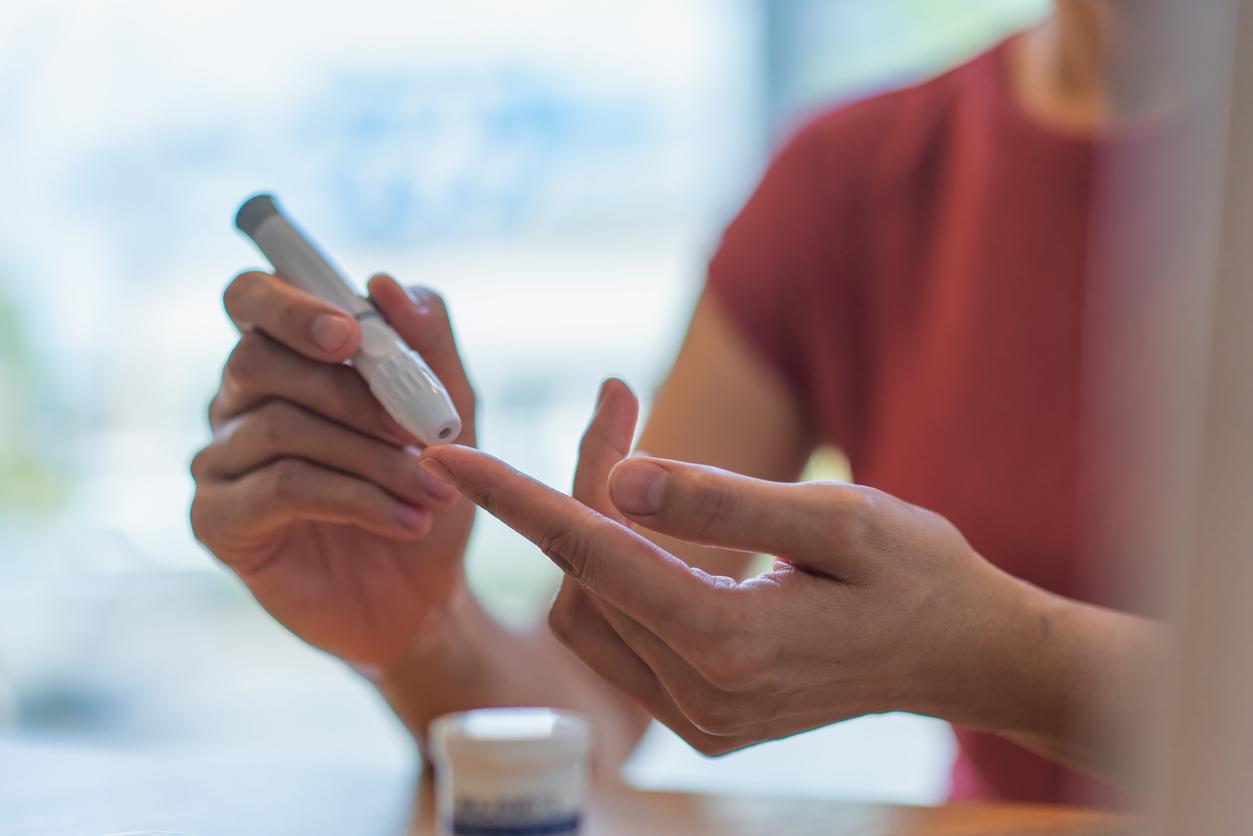The protective role of the intestinal microbiota against the development of type 1 diabetes is confirmed. A discovery that opens up new therapeutic avenues.

In our intestines live billions of bacteria. This ecosystem, called the intestinal flora or microbiota, forms a unique organ, specific to each individual. Researchers are beginning to identify its multiple roles in the body. It intervenes in particular in the development of obesity, is a barrier to allergies and would be able to fight diabetes. An international team has just demonstrated the protection conferred by the microbiota in the occurrence of type 1 diabetes in mice. These jobs were published in the journal Immunity this Tuesday.
Type 1 diabetes is an autoimmune disease. Certain cells of the immune system attack beta cells in the pancreas that produce insulin, a vital hormone that regulates blood glucose levels. However, if these cells are destroyed, it is because they are recognized by the immune system as foreign to the body. Scientists therefore hypothesized that there is a molecule in healthy people that protects beta cells.
An antimicrobial peptide involved
A research team coordinated by Julien Diana, Inserm researcher (1), looked into cathelicidins. These molecules are antimicrobial peptides known to regulate the immune system in certain autoimmune diseases. These cathelicidins could be involved in the control of type 1 diabetes.
The researchers used two mouse models: one healthy and the other diabetic. And they have indeed observed that the pancreatic cells of healthy mice produce cathelicidins while diabetic mice produce very little. To test their hypothesis, the researchers then injected the antimicrobial peptides into the sick mice. “The injection of cathelicidins restricts the development of inflammation in the pancreas and thus suppresses the development of autoimmune diabetes in these mice”, explains Julien Diana.
The benefits of faecal transplantation
In addition, the synthesis of cathelicidins is stimulated by short-chain fatty acids produced by bacteria in the microbiota. The low production of these peptides in diabetic mice could therefore be linked to an imbalance of the intestinal flora. The experiments confirmed that sick mice show a deficiency of short-chain fatty acids compared to healthy mice. Transferring a microbiota sample from healthy mice to sick mice restored a normal level of cathelicidins in these mice. The incidence of diabetes has also declined.
“This work is new proof of the undeniable role of the microbiota in autoimmune diseases, more particularly in controlling the development of autoimmune diabetes,” say the authors. According to scientific literature, a similar mechanism exists in humans. If this were true, this discovery paves the way for new therapies for type 1 diabetes.
In France, autoimmune diabetes represents 10% of diabetes cases in France, or around 300,000 people. For half of the patients, the pathology was declared before their twentieth birthday.
(1) Researcher within Inserm Unit 1151 “Institut Necker-Enfants Malades” (Inserm / CNRS / Université Paris-Descartes)
.

















